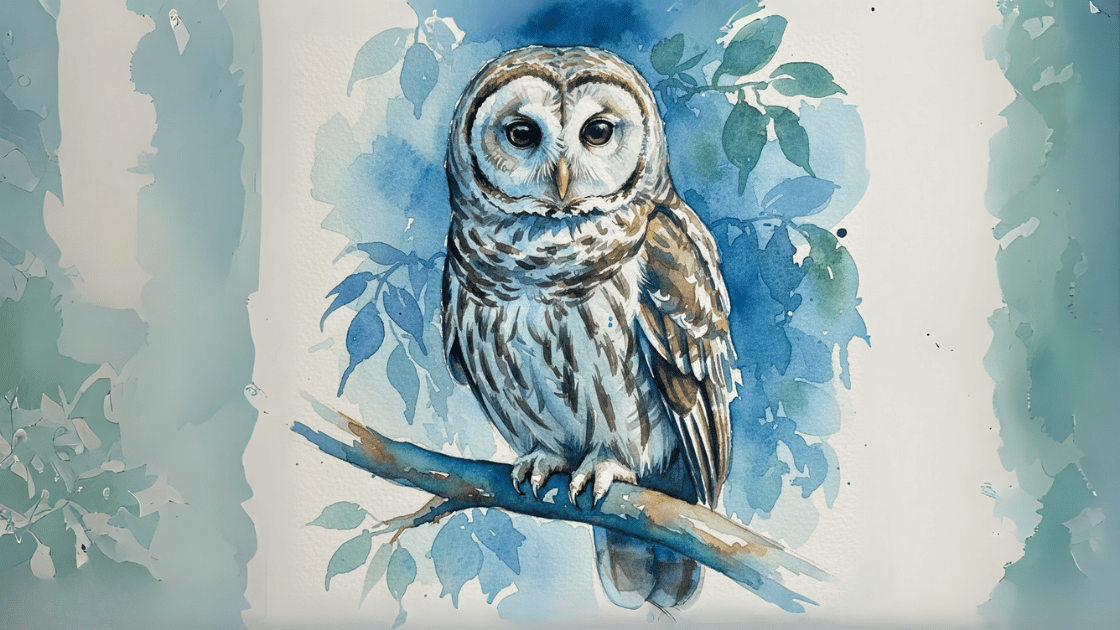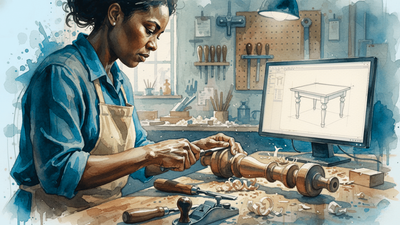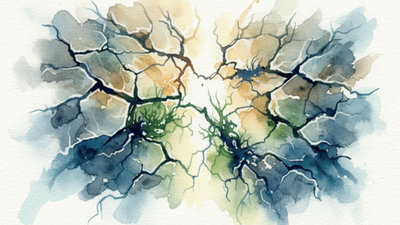How Success Breeds Fragility

And How Leaders Can Break the Cycle
“A bird in the hand is worth two in the bush.”
It sounds like wisdom, doesn’t it? Why chase uncertain opportunities when you already hold something of value? Yet when you grip too tightly, the hand clutching that one bird can no longer reach for anything else. The very act of preservation becomes a kind of paralysis.
This is the paradox of success. Winning feels like security, but it also makes leaders cautious. The risk of losing what you already have looms larger than the potential of what might be gained. Psychologists call it loss aversion, but you might call it being sensible. Either way, the result is the same: organisations that once thrived on boldness gradually turn defensive and inward-looking, losing sight of the opportunities (yes, and the threats) out in the market.
There are many memorable examples where we see this pattern in different guises. The Netflix docudrama about the rise and fall of Blackberry, is one that comes to mind. A company that built its reputation on daring product bets suddenly develops blind spots where others move in. Leaders who once trusted instincts now spend more time defending margins and shareholder value. Teams that once experimented freely now polish presentations designed to justify their existence. Each behaviour looks rational, even responsible. Together, they mark the slow drift from vitality to fragility.
Each win reinforces the idea that this is how we operate, this is who we are, and this is our winning formula. But when markets shift, this strong sense of identity is what resists change the most. The bird in the hand becomes not just a possession but a crutch.
And yet, some leaders do break this pattern. Zhang Ruimin at Haier dismantled the very hierarchies that once powered the company, replacing them with the RenDanHeYi model that forced every unit to reinvent itself or fade. Satya Nadella at Microsoft redefined the company’s identity: instead of clinging to Windows as the crown jewel, he shifted the centre of gravity to cloud and AI, even when it meant diverting resources and attention away from the legacy business that had defined Microsoft for decades.
What they show is not a toolkit, but a posture worth emulating:
- Detachment. Ruimin broke the “iron rice bowl” of guaranteed jobs and once handed factory workers sledgehammers to smash a batch of defective refrigerators, a visceral signal that past practices, however established, were expendable.
- Courage. Nadella de-centred Windows, betting the company’s future on Azure and cloud services, and in doing so, cannibalised its historic core to pursue what might endure.
- Humility. Both leaders stayed open to ideas beyond their own playbooks, creating space for new voices and new directions rather than assuming past knowledge was enough.
- Discipline. Renewal wasn’t episodic for them; it was institutionalised, with pruning and reinvention embedded before decline could force their hand.
These qualities have always mattered. But in today’s AI-disrupted world, the stakes are higher. Opportunities aren’t just “two in the bush”, they’re multiplying daily. Entire value chains, customer expectations, and business models are being reshaped at a speed incumbents can barely track.
Holding on too tightly to yesterday’s bird may feel like prudence. In reality, it risks missing the flock that’s already taken flight.
Subscribe to the FORS Report
Be the first to know - subscribe today





Member discussion